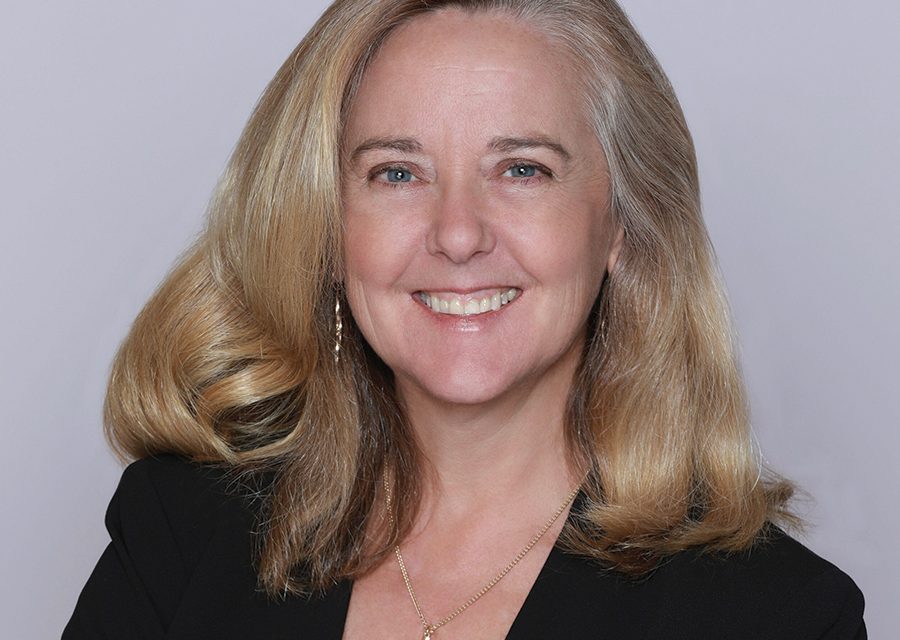With abortion no longer a federally protected right under the Constitution, proponents are looking for ways to make it more readily available.
So, as a number of abortion clinics have shut down in mostly pro-life states, the two-pill regimen of mifepristone and misoprostol—commonly called chemical abortion or simply “the abortion pill”—has become ground zero in the abortion battle.
Last April, a U.S. district court suspended the Food and Drug Administration’s approval of mifepristone, finding that the FDA had violated its statutory duty by approving the drug in 2000 despite legitimate safety concerns. In August, the 5th Circuit Court of Appeals allowed the drug to continue in use but said the FDA’s subsequent removal of safeguards such as requiring in-person doctor visits, and its allowing the pill to be obtained by mail order, went too far. In December, the U.S. Supreme Court agreed to hear the case.
Today, more than 50% of abortions in the U.S. are chemical rather than surgical, and abortion advocates claim the abortion pill regimen is extremely safe. But pro-life physicians and other medical professionals say it carries much greater risks than the abortion lobby will admit.
“This case has been painted as a pro-life vs. pro-abortion case, but in its essence, it is about the FDA performing its job to protect the American public from dangerous drugs,” said Dr. Ingrid Skop, a practicing obstetrician-gynecologist for more than 25 years who serves as vice president and director of medical affairs for the pro-life Charlotte Lozier Institute.
“When they approved the chemical abortion regimen, they did not follow their own rules,” Skop said. “The FDA is required to study the pediatric population, which they never did. They approved mifepristone under a category called accelerated approval regulations, which is meant to be used for drugs that treat life-threatening illnesses. Over time, they’ve removed the safeguards. And many times, they point to studies that don’t even replicate the conditions that they now allow the abortion pill to be used under.”
During the COVID pandemic, the FDA removed in-person supervision for the drug. There is no requirement that an ultrasound be performed to determine gestational age, which is important because after 10 weeks, the regimen does not work well, and health risks for women increase. An ultrasound can also diagnose ectopic pregnancy, which can be life threatening.
In short, Skop told Decision, the abortion industry is lying when it claims that the abortion pill is “safer than Tylenol.” She has treated a number of women who have suffered serious complications after using the abortion pill.
Skop explained that the second of the two pills in the regimen is designed to expel the pregnancy tissue. But it doesn’t always work.

“About 5% of the time, the tissue is not completely expelled,” she said. “And when that happens, the women continue to cramp or bleed. I cared for a woman just this year who bled every day for two months after she was given chemical abortion pills. If their body can’t expel the tissue, they’re going to continue to have symptoms until they find a doctor who recognizes that they need surgery to remove that tissue.”
Beyond the medical risks, the emotional fallout can be devastating. “Many times,” Skop said, “they see their child’s body in the toilet. At 10 weeks, he’s about the size and appearance of a gummy bear, but he’s clearly identifiable as a human being, and they had no idea that was going to happen. Many women have described taking him out of the toilet and burying him.”
Skop has a message for women who are experiencing crisis pregnancies: “Be aware that this is your child. Even though your situation may make you think that you have no other options, there are many, many, options available. There are nearly 3,000 crisis pregnancy centers that would love to walk alongside you to provide support, so that you can give birth to your child. Many women fall into the action of abortion as a kneejerk reflex without much thought. But they have the rest of their life to think about it and to regret it.”
The regret and guilt can be especially acute for women who identify as Christian. The pro-abortion Guttmacher Institute reports that more than half of women who undergo abortions say that they have a religious affiliation. “This is an issue that is affecting the spiritual life of so many women,” Skop said, “because they have fallen into an action that was against their morals, and they recognize that if they’d just had more support, they would have wanted to carry their baby.”
That fact highlights the reality that abortion is more a spiritual issue than a political one. Skop finds that prayer is crucial in her work: “I feel like it is the most important thing that I can do going forward because this is such a battle. And I know this issue is important to God’s heart—not just because of the children who never see the light of day, but also the wounded women. God has got to have such a tender spot for that. I’m grateful that God has called me to this work and has placed me where I can hopefully make a difference.” ©2024 BGEA
For more information, go to LozierInstitute.org.
Photo: Brigette Supernova / Alamy
